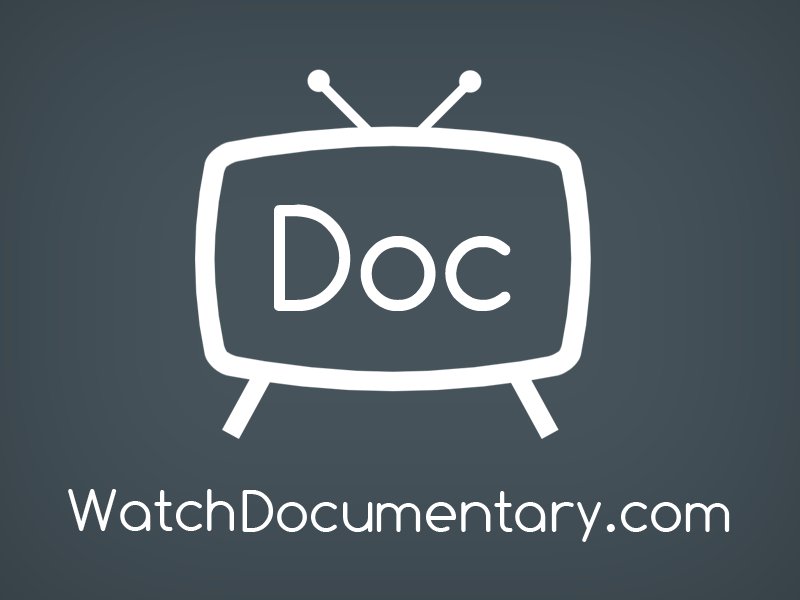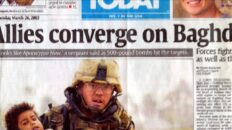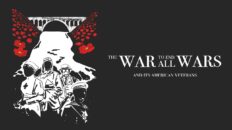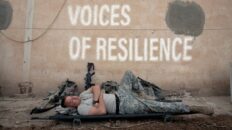North-east Syria stands as one of the most intricate and least-covered battlegrounds within the broader Syrian conflict. Kurdish fighters, linked to the PKK, have capitalized on Syria’s fragmentation to establish an autonomous enclave in the north-east, known as Rojava, much to Turkey’s dismay.
Turkey, in a bid to isolate the Kurdish areas, has sealed off border crossings to international trade and journalists. While granting free access to rebel-held territories in Syria, Turkey imposes strict restrictions on entry into Rojava, forcing journalists to navigate through illegal border crossings, evading Turkish army patrols and the risk of arrest.
One such crew ventures into Rojava to meet Kovan Direj, a Kurdish activist residing there as a refugee. With the regime’s retreat from much of Rojava, Direj aims to showcase how local Kurdish forces have filled the security void.
Although predominantly Kurdish, Rojava encompasses a diverse ethnic makeup, including Arab Muslims and Christian minorities. Despite this diversity, a fragile ethnic equilibrium persists in Syrian Kurdistan. Collaboration between Christian factions and the dominant Kurdish PYD party is instrumental in repelling jihadist threats. Notably, Syrian Kurdistan harbors approximately 60% of Syria’s oil reserves, adding strategic significance to its control.
In Rojava, Kurdish and Arab villages coexist, transformed into front lines amid the conflict between the YPG (People’s Protection Units) and their adversaries. Local farmers, comprising the bulk of fighters, are mobilized by the YPG, utilizing local militias as the first line of defense in isolated villages, with elite troops poised for rapid response to any breaches.





Add comment